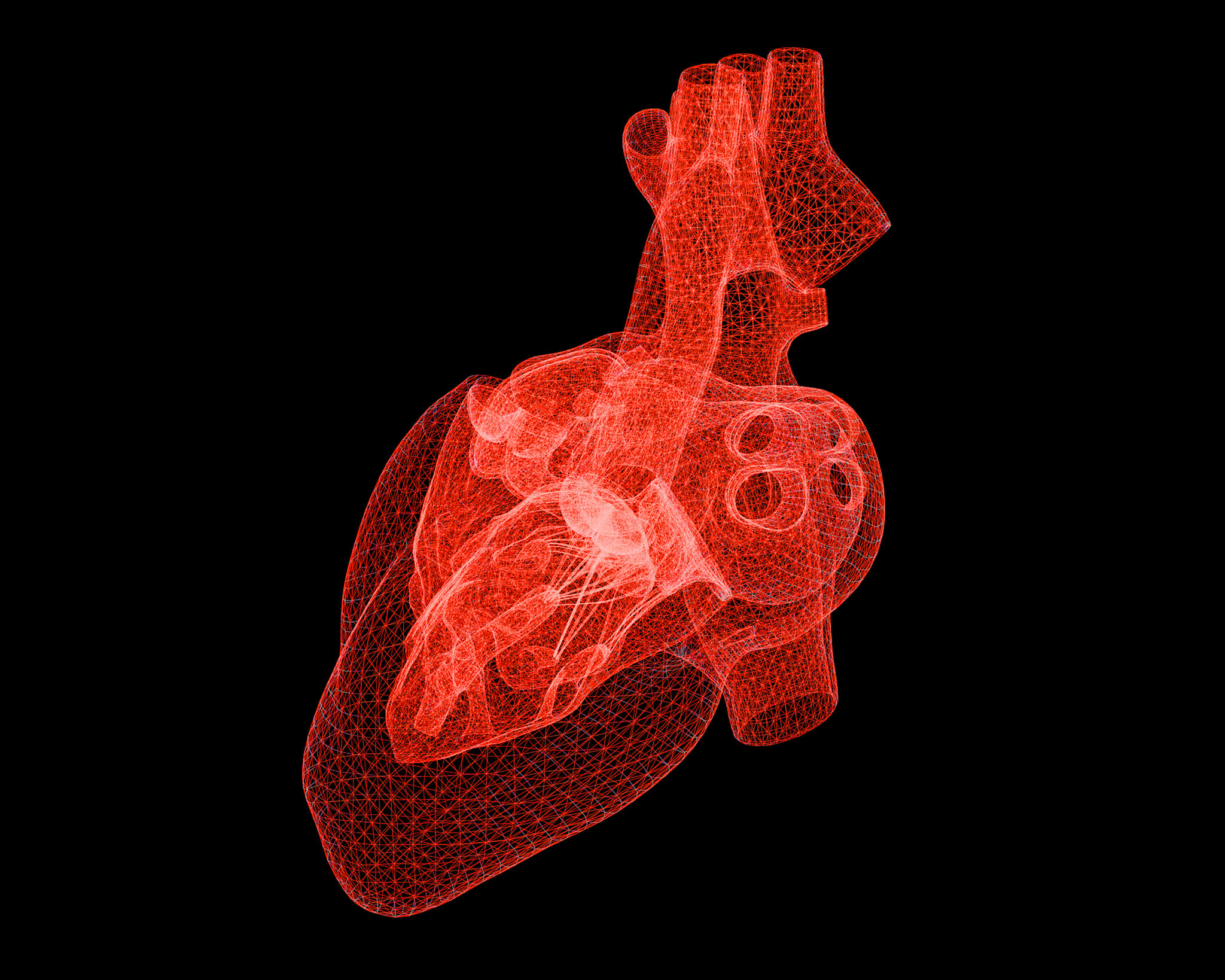Expert Insights: The Future of MedTech in Cardiovascular Health
Revolutionizing Cardiovascular Health with MedTech
The realm of cardiovascular health is on the brink of a transformation, driven by unprecedented advancements in medical technology (MedTech). The integration of cutting-edge technologies promises not only to improve patient outcomes but also to redefine preventive, diagnostic, and treatment strategies. As we delve into the future, it's essential to explore the innovations shaping this pivotal field.

AI and Machine Learning: Enhancing Precision
Artificial Intelligence (AI) and machine learning are at the forefront of this revolution. These technologies are being utilized to analyze vast datasets, uncovering patterns that aid in early diagnosis and risk assessment. For instance, AI algorithms can efficiently interpret imaging data from MRIs and CT scans, providing clinicians with detailed insights into cardiovascular conditions.
Moreover, AI-driven predictive models are becoming invaluable tools in identifying at-risk patients before symptoms manifest. This proactive approach allows healthcare providers to intervene earlier, potentially preventing severe complications and improving long-term health outcomes.
Wearable Technology: Monitoring Health in Real-Time
Wearable devices have gained significant traction in cardiovascular health management. These gadgets, which include smartwatches and fitness trackers, continuously monitor vital signs such as heart rate, blood pressure, and oxygen levels. This real-time data collection enables individuals to keep track of their cardiovascular health conveniently and consistently.

The integration of wearable technology with smartphone applications offers personalized insights and recommendations. Users can receive alerts for irregular heartbeats or significant deviations from their baseline health metrics, prompting timely consultations with healthcare professionals.
Telemedicine: Bridging Gaps in Healthcare Access
Telemedicine has emerged as a vital component in the delivery of cardiovascular care, especially in remote or underserved areas. Through virtual consultations, patients can access specialists without the need for extensive travel, ensuring they receive necessary care and guidance promptly.
This approach not only enhances accessibility but also supports continuous care management for chronic cardiovascular conditions. Patients can engage in regular follow-ups and receive medication adjustments as needed, all from the comfort of their homes.

3D Printing: Customizing Cardiovascular Solutions
Another groundbreaking innovation is the application of 3D printing technology in cardiovascular treatment. This technology allows for the creation of patient-specific implants, such as stents or heart valves, which are precisely tailored to an individual's anatomy.
Customized 3D-printed solutions reduce the risk of complications and improve surgical outcomes, offering new hope for patients with complex cardiovascular issues requiring personalized care strategies.
Regenerative Medicine: Healing from Within
The field of regenerative medicine is making significant strides in cardiovascular health. Techniques such as stem cell therapy and tissue engineering aim to repair or replace damaged heart tissue, promoting natural healing processes.
These advancements have the potential to revolutionize treatment for heart failure and other severe cardiac conditions, providing patients with innovative options that go beyond traditional surgical interventions.

Conclusion: A Promising Horizon
The future of MedTech in cardiovascular health holds immense promise. As these technologies continue to evolve, they will undoubtedly play a crucial role in enhancing patient care, improving survival rates, and reducing the burden of cardiovascular diseases worldwide.
By embracing these innovations, healthcare providers can look forward to a new era of precision medicine, where treatments are not only more effective but also more personalized to meet the unique needs of each patient.
